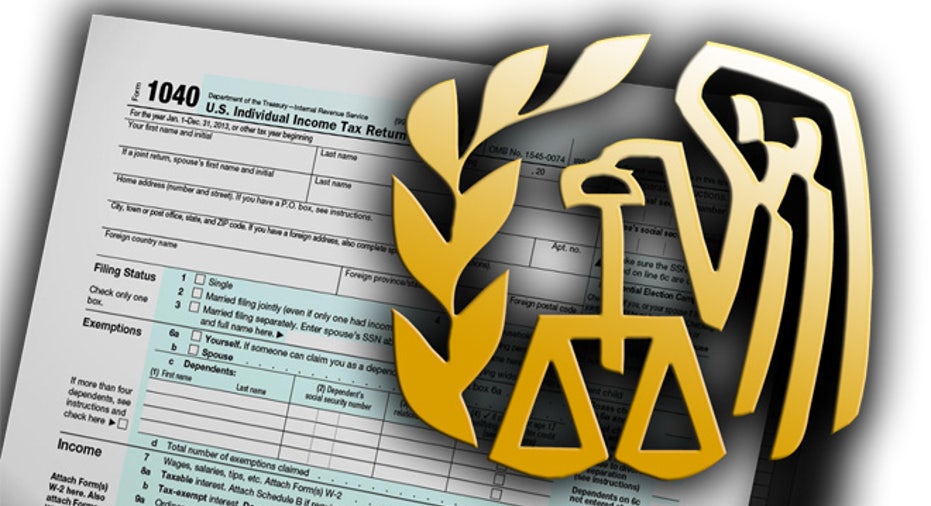7 Tax Extenders That Affect You

The elections are over and a Republican dominated Congress was voted in. It appears that expired tax extenders will be voted upon soon. The window for end of year tax planning will be snapping shut within the next six weeks. I’d advise you to get with your tax pro soon to determine your 2014 tax liability and prepay it before it becomes a potential penalty issue next April 15. Consider whether the elimination or revival of these tax laws will impact your tax scenario and plan for it to go either way. If not revived, determine the increase in your tax liability and prepare accordingly.
The tax laws that expired at the end of 2013 benefited many taxpayers. Congress will now determine if they are worthy of revival. Each year the vote on extenders is delayed to almost the end of the year. In fact, the extenders that were up for renewal during 2012 were not voted into law and signed off by the President until 1:00 a.m. on January 1, 2013. They were made retroactive to January of 2012, but as you can see, this did now allow for any decent tax planning.
We are in the same boat again.
According to the Expiring Provisions Improvement Reform and Efficiency (EXPIRE) Act Committee Report the following provisions are under consideration:
1. Deduction for expenses of elementary and secondary school teachers
The bill extends for two years the $250 tax deduction for teachers and other school professionals for expenses paid or incurred for books, supplies (other than non-athletic supplies for courses of instruction in health or physical education), computer equipment (including related software and service), other equipment, and supplementary materials used by the educator in the classroom. A two-year extension of this provision is estimated to cost $430 million over 10 years.
2. Mortgage debt forgiveness
This is a big one. If you experienced mortgage debt cancellation or forgiveness on your personal residence after 2013, you may be required to pay taxes on that amount as taxable income unless the exclusion is renewed by Congress. Under this provision, up to $2 million of forgiven debt is eligible to be excluded from income ($1 million if married filing separately) through tax year 2015. This provision was created in the Mortgage Debt Relief Act of 2007 to shield taxpayers from having to pay taxes on cancelled mortgage debt stemming from mortgage loan modifications, through 01/01/2010. It was extended through 01/01/2013 by the Emergency Economic Stabilization Act of 2008; and extended through 01/01/2014 by the American Taxpayer Relief Act of 2012. A two-year extension of this provision is estimated to cost $5.4 billion over 10 years.
3. Deduction for mortgage interest premiums
The bill extends the ability to deduct the cost of mortgage insurance, also known as PMI on a qualified personal residence. This deduction is driven by income levels. Depending upon how much you make, the deduction may be ratably reduced and is unavailable for a taxpayer with an AGI in excess of $110,000. The bill extends this provision for two additional years, through 2015. A two-year extension of this provision is estimated to cost $1.85 billion over 10 years.
4. Deduction for state and local general sales taxes
The bill extends the election to take an itemized deduction for State and local general sales taxes in lieu of the itemized deduction permitted for state and local income taxes for two years. The original passage of this bill leveled the playing field for those who lived in a state that did not levy a state income tax. A two-year extension of this provision is estimated to cost $6.5 billion over 10 years.
5. Above-the-line deduction for higher education expenses
The Economic Growth and Tax Relief Reconciliation Act (EGTRRA) created an above-the-line tax deduction for qualified higher education expenses. Taxpayers could enjoy the deduction rather than take the American Opportunity Credit or the Lifetime Learning Credit. The maximum deduction was $4,000 for taxpayers with AGI of $65,000 or less ($130,000 for joint returns) or $2,000 for taxpayers with AGI of $80,000 or less ($160,000 for joint returns). The bill extends the deduction to the end of 2015. A two-year extension of this provision is estimated to cost $596 million over 10 years.
6. Tax-free distributions from individual retirement plan for charitable purposes
The bill extends for two years the provision that permits an Individual Retirement Arrangement (“IRA”) owner who is age 70-1/2 or older generally to exclude from gross income up to $100,000 per year in distributions made directly from the IRA to certain qualified charities. This deduction is beneficial for seniors that no longer itemize deductions. It essentially allows for a charitable deduction in addition to the standard deduction. A two-year extension of this provision is estimated to cost $1.8 billion over 10 years.
7. Credit for energy efficient improvements to existing homes
The bill extends for two years, through 2015, the 10% credit for purchases of energy efficient improvements to existing homes. Homeowners can claim up to $200 for energy efficient windows, up to $150 for an efficient furnace or boiler, and up to $300 for other improvements, including insulation. The total credit is capped at $500 per taxpayer. The bill also allows energy efficient roofing products to qualify. A two-year extension of this provision is estimated to cost $1.65 billion over 10 years.



















